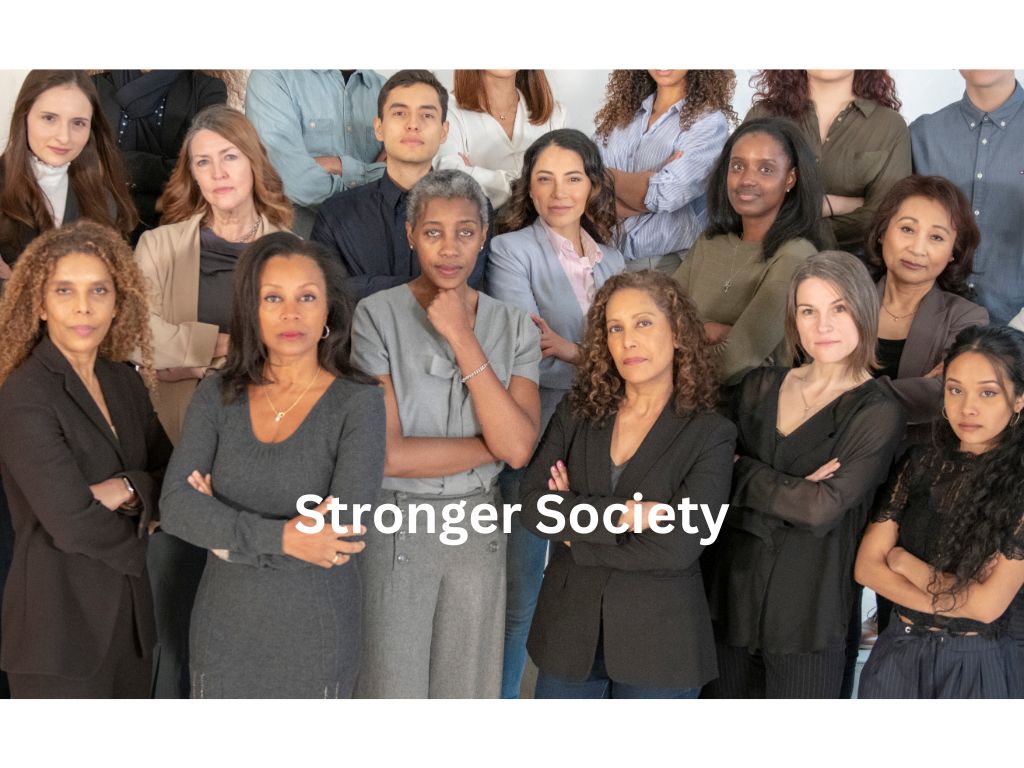Ever felt like a fish out of water in a new place? Learning English as a second language (ESL) can really help in making that transition a whole lot smoother. Language is more than just words—it’s your ticket to understanding habits, customs, and the overall vibe of a new culture. Imagine being able to chat with a neighbor, understand local slang, or even get the joke in a sitcom. That’s what ESL classes can offer.

For many adults stepping into new environments, there’s a real boost in confidence that comes from being able to communicate effectively. It’s like knowing the secret handshake that lets you feel a part of the club. Finding your footing in everyday situations such as shopping, attending a local event, or navigating public transport becomes way less intimidating when you’ve got the language tools.
One of the coolest things about learning a new language is how it opens the door to meeting new folks and forming connections. Whether it’s joining a community group or simply striking up a chat while waiting at the bus stop, speaking the same language can help bridge the gap. ESL lessons help build these bridges, creating pathways to new friendships and networks.
Breaking down language barriers doesn’t just help individuals, it also enhances social inclusion within communities. When people communicate clearly and effectively, misunderstandings shrink and collaboration grows. Embracing ESL lessons is about building a cohesive, inclusive society where everyone’s voice can be heard and understood.
Enhancing Career Prospects: How Language Skills Empower Economic Opportunities
Learning a new language like English opens up a world of professional doors that might otherwise remain closed. When you’re able to communicate effectively at work, you’re not just a part of the team; you become a key player. Clear communication in English can help you bridge those all-important gaps with coworkers, bosses, and clients, making you someone people rely on.

With stronger language skills in your toolkit, your resume stands out in a crowded field. Employers are always on the lookout for candidates who can adapt and contribute right away, and possessing ESL skills makes you a valuable asset. It’s about turning language barriers into career opportunities, growing your potential in a competitive job market.
If getting certified or licensed in your field is on your to-do list, mastering English through ESL lessons is a crucial step. Many professional exams and resources are primarily available in English, so your language skills can directly influence your career progression and open up new roles you might have only dreamed of before.
But it’s not just about the individual’s success. Improving your language ability creates a ripple effect that boosts local economies, too. More job-ready folks mean more businesses with the right skills, and that means growth for everyone involved. When you invest in learning English, you’re investing in both personal success and the economic vitality of your community.
Strengthening Family Bonds: When Parents Learn, Children Flourish
When parents dive into adult ESL lessons, it often sparks an incredible transformation that echoes through their entire household. It’s not just about helping the adults; it’s about giving them the tools to support their children’s education, too. With better language skills, parents can tune into what’s happening in school and advocate for their kids more effectively. Imagine chatting confidently with teachers, understanding homework assignments, and being truly engaged in your child’s learning journey.

One of the beautiful things about learning ESL as a family is watching the magic of a bilingual home unfold. Children get the advantage of being exposed to multiple languages, which can boost their cognitive skills and make them more culturally savvy. Parents who are proactive in learning English often become powerful role models, showing that learning is a lifelong pursuit, an empowering message that echoes through generations.
A household where learning is celebrated can kickstart a legacy of education that doesn’t stop at just one generation. Studies have shown that the children of educated parents are much more likely to seek higher education themselves, creating a cycle of opportunity and growth.
Parent ESL learners bring the added benefit of transforming into bridges between cultures, blending the richness of their heritage with the new language they’re acquiring. It’s more than just about gaining skills; it’s about baking these into the family’s foundation, enriching lives far beyond just words and grammar.
Building Stronger Societies: The Wider Impact of Adult ESL Education
The benefits of adult ESL lessons don’t just stop with improved language skills. They ripple outwards, transforming not just individuals and families, but communities and societies at large. Learners who become proficient in English often find themselves needing less help from public services. Imagine no longer needing a translator at the doctor’s office or during important public processes. This independence is empowering and frees up resources for broader community use.

With language barriers coming down, civic participation tends to go up. Whether it’s casting a vote, attending a town hall meeting, or just knowing your rights and how to navigate them, speaking the dominant language equips people to become more engaged citizens. This involvement can lead to changes that benefit everyone, like better public policies and stronger community ties.
A diverse society is a rich one, but it’s only truly strong when all its voices are heard. Adult ESL education promotes that inclusivity, creating spaces where diversity is celebrated and understood. This cultural exchange enriches communities, making them vibrant and more cohesive, where differences are appreciated rather than misunderstood.
Furthermore, pursuing ESL education can act as a stepping stone to higher learning. Many adult ESL learners use their newfound language skills to reach out for higher education opportunities, opening pathways to personal and professional growth previously out of reach. This pursuit of education does wonders for broader society by fostering a population that values knowledge, resilience, and continuous improvement.
Leave comments and questions in the space below.


I really enjoyed this post! It’s true that how learning English as a second language is more than just mastering words. It’s about connecting with the culture and community around you. I loved the part about bridging family bonds too. When parents learn English, it empowers the whole family and strengthens ties, especially in children’s education. Plus, ESL skills open so many doors professionally, giving learners a chance to become active contributors to the economy. It’s inspiring to see how something as personal as language learning can have such a broad, positive impact on society!
Hi Kavitha, welcome back. Thanks again for your comments.
KBob